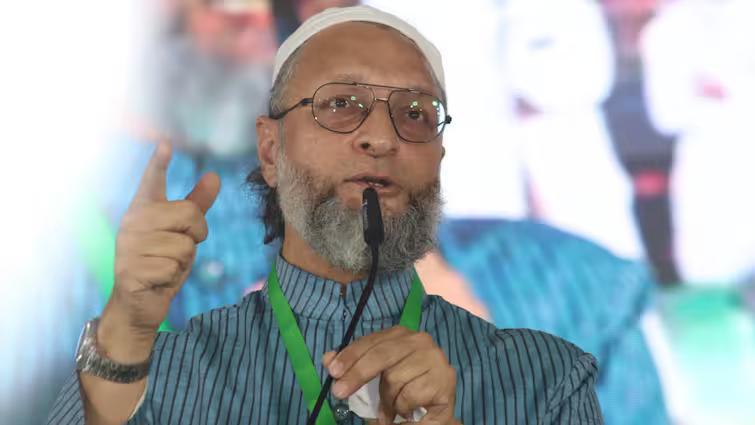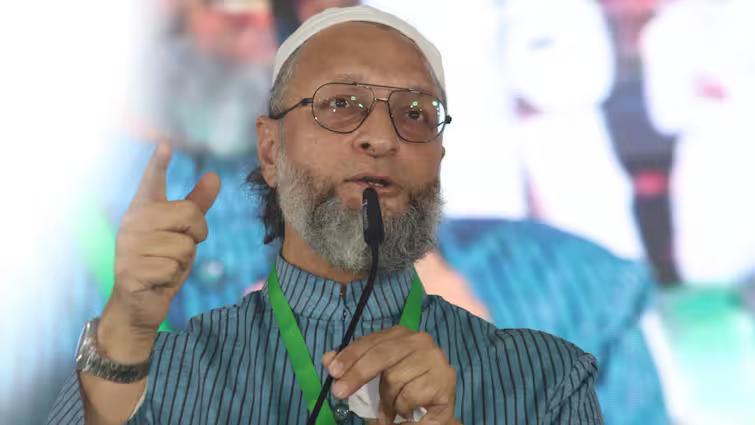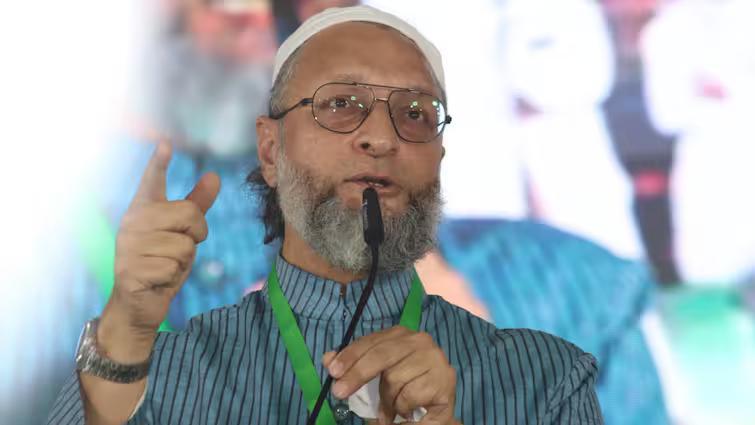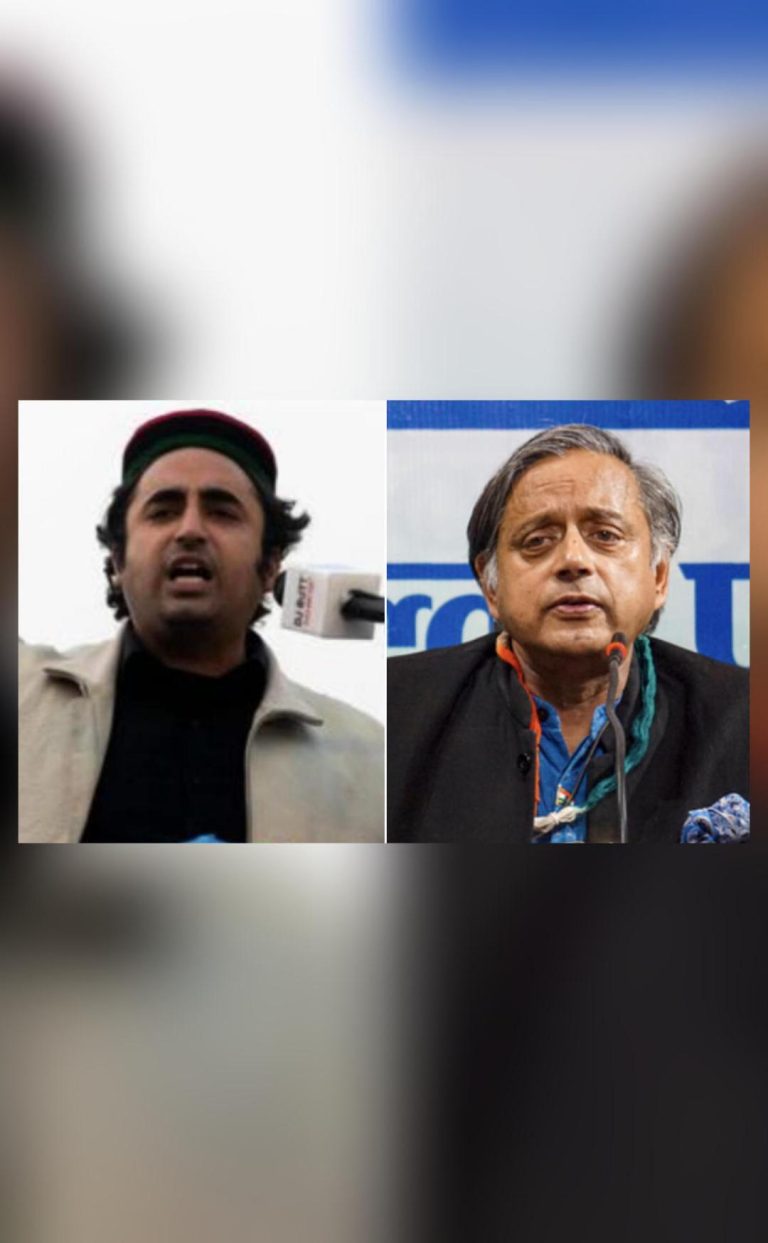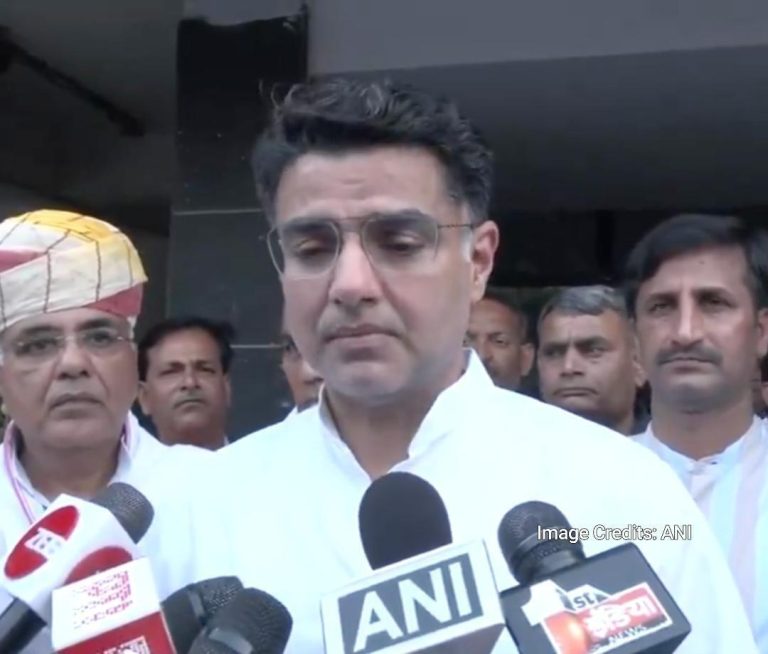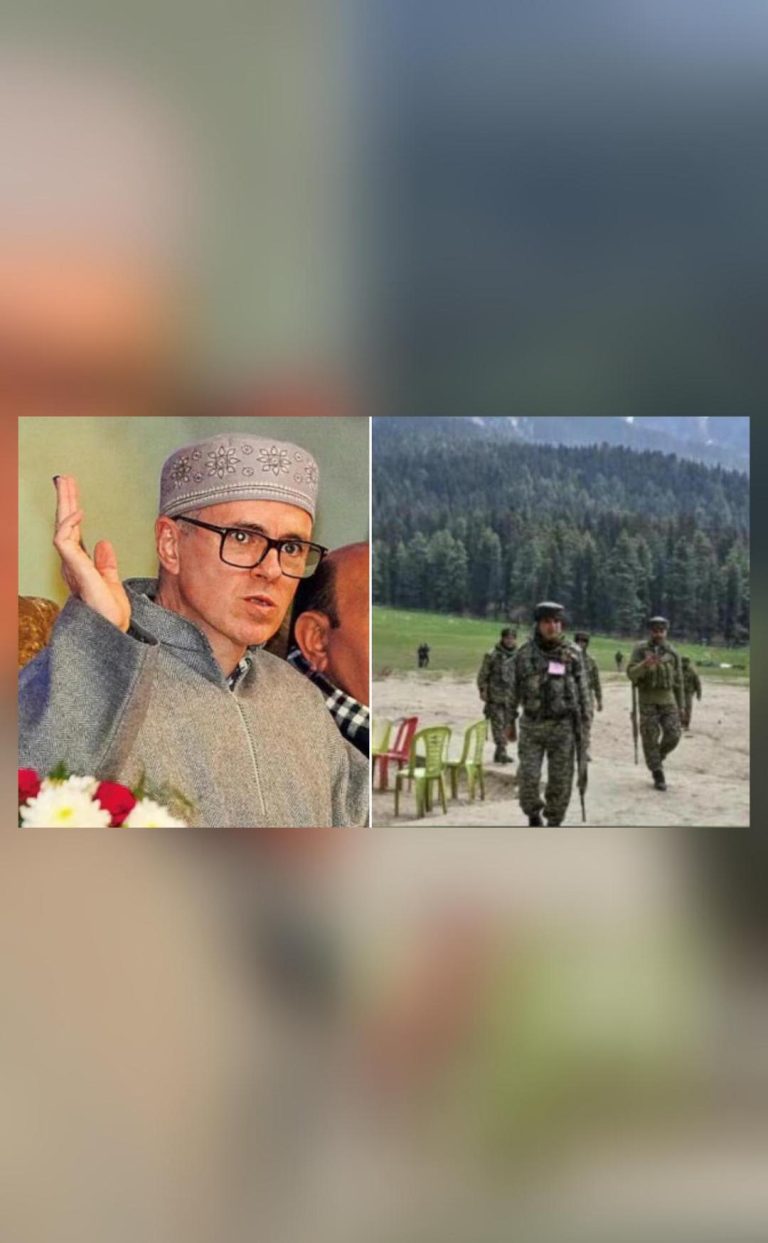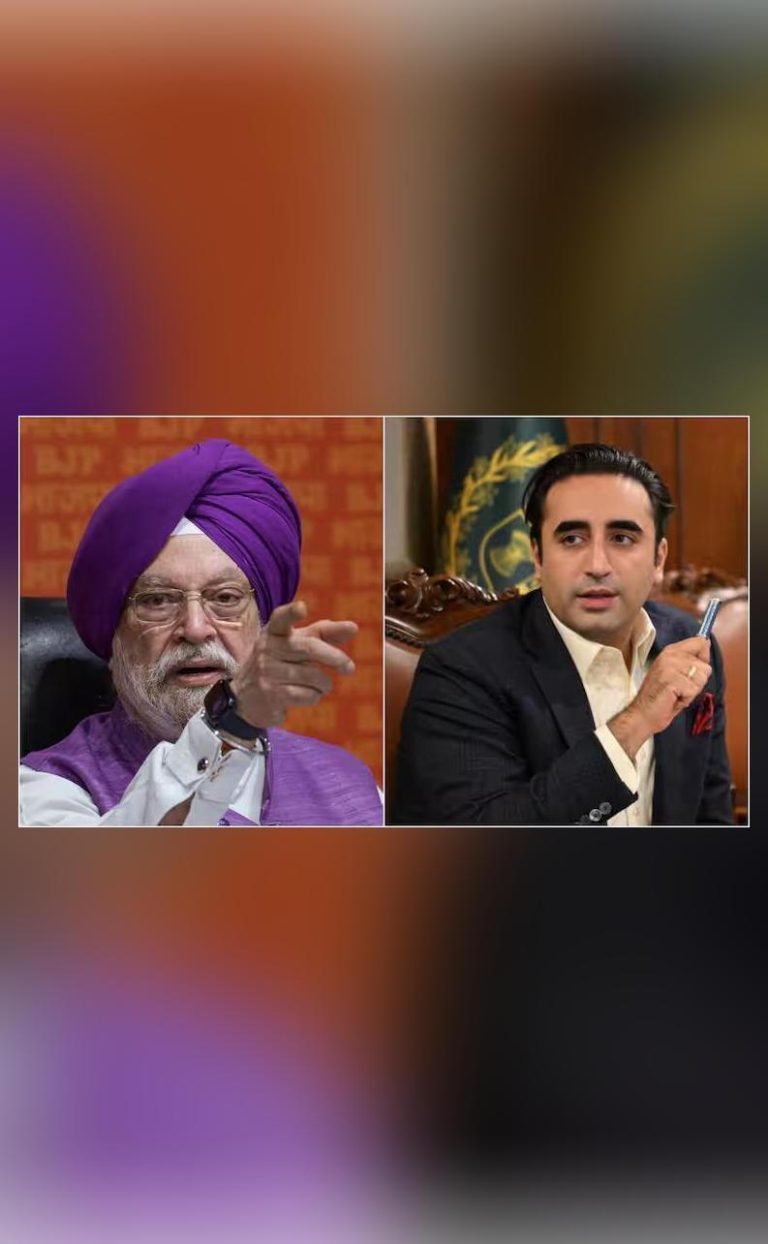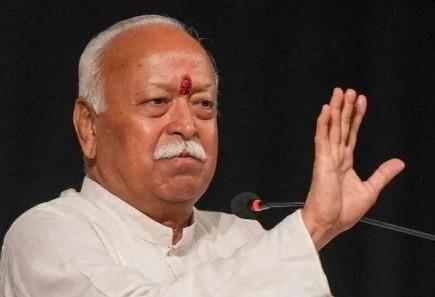
Title: If someone turns to evil then we’ll teach lesson: Bhagwat on J&K attack
The recent terror attack in Pahalgam, Jammu and Kashmir, has sent shockwaves across the country, leaving several people injured and many more in a state of trauma. The attack has also sparked heated debates and strong reactions from various quarters, with some demanding a strong response from the government and others calling for a peaceful and non-violent approach. Amidst the chaos and confusion, RSS chief Mohan Bhagwat has weighed in on the issue, stating that while non-violence is India’s religion, it is also important to teach a lesson to “oppressors and hooligans”.
In a video message, Bhagwat said, “We never harm or disrespect our neighbours, but if someone is bent on being evil, what is the cure? The king’s duty is to protect the people, and he will do his duty.” His statement has sparked a mix of reactions, with some praising his bold stance and others criticizing his apparent call to violence.
The Pahalgam attack is just the latest in a series of terror attacks that have taken place in the region in recent months. The attacks have been attributed to various terrorist groups, including the Lashkar-e-Taiba and the Jaish-e-Mohammed. The attacks have left many innocent people dead or injured, and have also had a significant impact on the local economy and infrastructure.
In the face of such violence and terror, many people are left wondering what can be done to stop the attacks and ensure the security of citizens. Some have called for increased military presence in the region, while others have advocated for a more diplomatic approach, emphasizing the need to address the root causes of extremism and terrorism.
Bhagwat’s statement, which appears to advocate for a strong and decisive response to terrorism, has been viewed by some as a welcome change from the government’s previous responses to similar attacks. Many have criticized the government for being too soft on terrorism, and have argued that a stronger and more decisive response is needed to deter future attacks.
On the other hand, some have criticized Bhagwat’s statement as being too vague and lacking in specifics. They have argued that simply advocating for teaching a lesson to “oppressors and hooligans” does not provide a clear plan for addressing the root causes of terrorism or ensuring the security of citizens.
The debate surrounding Bhagwat’s statement has also highlighted the ongoing tensions between different political parties and ideologies in India. Some have accused the RSS and other right-wing organizations of promoting violence and hatred, while others have claimed that they are simply advocating for national security and the protection of citizens.
In the midst of this debate, it is important to remember that the Pahalgam attack is a tragic and senseless act of violence that has left many innocent people injured and traumatized. The attack is a stark reminder of the ongoing challenges and threats that India faces, and the need for a comprehensive and effective approach to addressing terrorism and extremism.
In conclusion, Bhagwat’s statement, while controversial, highlights the complex and challenging nature of addressing terrorism and extremism in India. While non-violence is indeed India’s religion, it is also important to recognize the need for a strong and decisive response to “oppressors and hooligans”. The government and other stakeholders must work together to address the root causes of terrorism and extremism, while also ensuring the security and well-being of citizens.
Source:
https://youtu.be/SpAKVWl5wII
